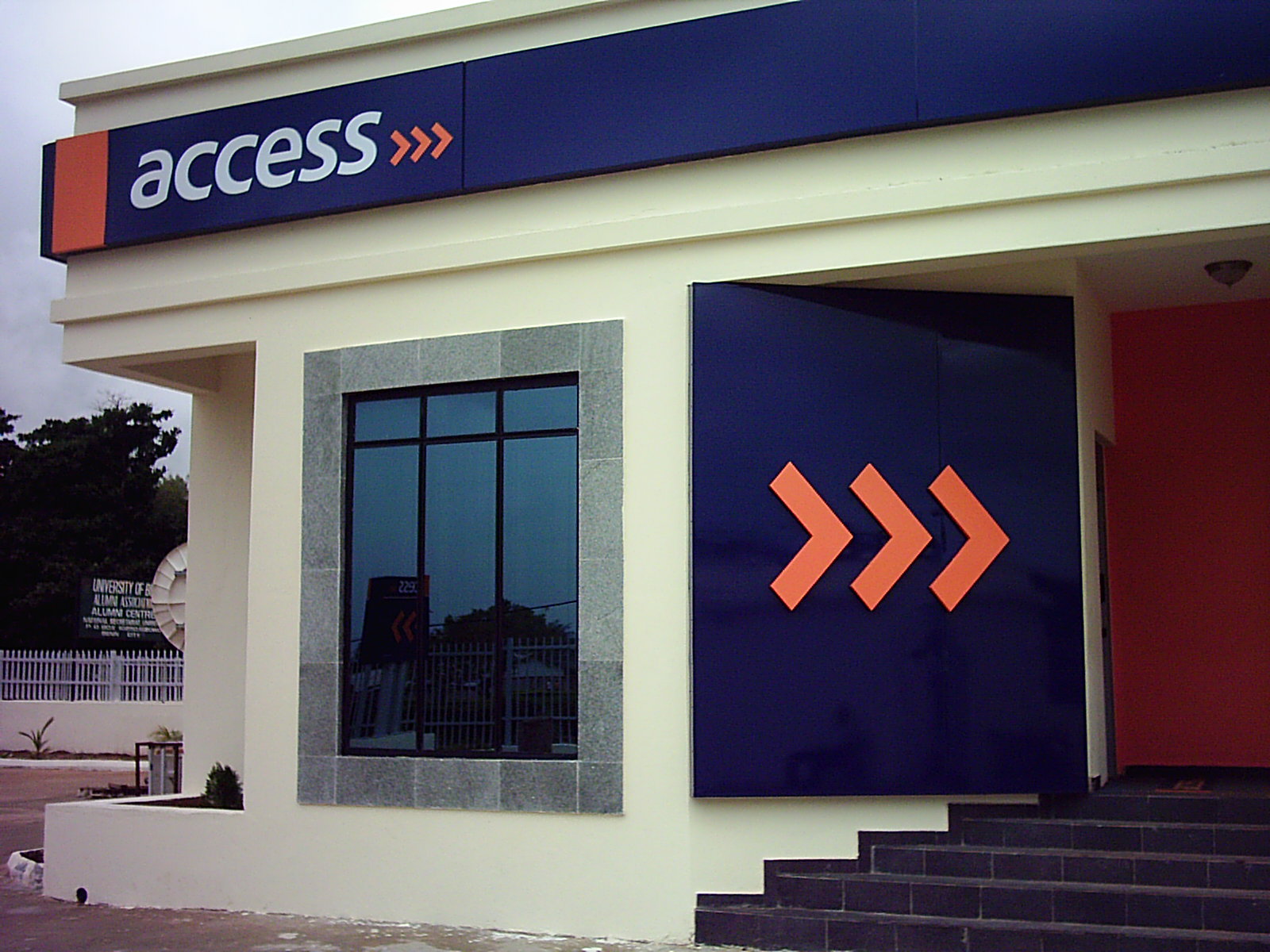By Chioma Obinagwam
Given severe macro economic challenges, Access Bank for the third quarter ended September 30, 2017 (Q3) recorded robust Gross Earnings that impacted positively on its Net Interest Income and profits.
This was the product of the prudent management of these financial parameters, which buoyed the financial institution’s profitability in the period under review, as the lender marks the last quarter in the last year of the 2013 – 2017 strategic period.
Importantly, Access Bank hit eight million in customers’ base, setting new standards in the banking industry as one of the leading customer centric bank.
Additionally, growth in profitability further reflected the earnings capacity of the group and its capability to progressively deliver superior returns; recording tremendous growth rates in customer adoption services.
This is evident in the increase of its digital services through increased Unstructured Supplementary Service Data (USSD) mobile banking and expansion in ATM gallery, most especially in Nigeria.
In the period under review, the group improved on its products and services offerings at lower costs through innovative disruptions in the digital space, and leveraging on value chain strategy to expand retail market share.
Furthermore, the *901# robust digital banking platform has provided the bank an array of endless opportunities needed to serve its teeming customers.
Robust financials:
Extracts from Access Bank financials for Q3 2017 showed a Gross Earnings growth of 33 per cent from N275 billion it posted in Q3 2017 to N365 billion, driven primarily by the strong performance on core revenue lines.
Interest Income gained 36 per cent to close at N245.8 billion it achieved in Q3 2017 from the N181.2 billion in Q3 2016 while Interest Expenses moved from N74.8 billion to N124.4 billion in Q3 2017.
Expectedly, Access Bank’s Net Interest Income rose by 14 per cent to N121.47 billion from N106.37 billion in Q3 2016.
Total Operating Expenses grew by 31 per cent from N117.9 billion to N154.6 billion over treatment of Asset Management Corporation of Nigeria (AMCON) levy (which resulted in a one-off charge on other operating expenses) and the increases in personnel expenses and depreciation expense on total operating expenses.
Notwithstanding the impact of macro-economic headwinds- devaluation of Naira, liquidity squeeze and double digit inflation in Nigeria and Sub Saharan Africa, countries where the Bank operates; the impressive results recorded so far, is an indication that the financial institution is poised to outperform in 2017 financial year results, driven by significant growth in key fundamentals.
The group’s increased profits, driven by strong earnings, translated to stable returns delivering a Profit Before Tax (PBT) of N72.9 billion in Q3 2017 from N69.0billion in September 2016.
With Income Tax gaining 10.7 per cent to N16.5 billion, Profit After Tax(PAT) closed the period with a 4.3 per cent year-on-year growth to N56.4 billion in Q3 2017 from N54.1 billion in Q3 2016.
The bank has been able to consistently sustain its effective cost management strategies and maintaining profitability, despite operating through a network of 371 branches and service outlets located in major centres across Nigeria.
Notwithstanding the tight monetary policy environment in most of the group’s markets, Operating Costs reduced significantly by 18 per cent quarter-on-quarter to N49.5 billion in September 2017; reaffirming the Bank’s commitment to rein in costs and improve operating efficiency.
The group closed the nine months period with Total Assets of
N3.54 trillion, from the N3.48 trillion in 2016, buoyed largely by the group’s appetite for loans and advances to customers and customers deposit.
Nevertheless, Loans and Advances to customers followed the different pattern, closing the period under review at N1.78 trillion from
N1.8 trillion in 2016 while Customer Deposits stood at
N1.9 trillion in Q3 2017 as against
N2.1 trillion reported in 2016.
Thus, bringing the group’s Total Liabilities to
N3.04 trillion in Q3 2017, 0.21 per cent above N3 trillion recorded in 2016.
Total Equity gained 11.2 per cent to N505 billion from
N454.49 reported in 2016 full financial year even as Retained Earnings gained 22 per cent to N113.9 billion as at September 30, 2017 from N93.6 billion reported in 2016.
The Group maintained its appetite for a well-diversified balance sheet, with half of the assets in liquid, low risk instruments.
Access Bank managed through the inflationary pressure in a number of African countries to achieve capital and liquidity buffers of 20.5 per cent and 46 per cent, respectively, which are well above the minimum regulatory requirement of Central Bank of Nigeria (CBN).
Reactions from Access Bank:
The Group Managing Director(GMD), Access bank, Mr. Herbert Wigwe in a statement said, “We continue to gain momentum in our efforts to achieve more diversified earnings, as we strengthen our retail and digital offerings. I am excited at the prospects in the coming months.”
Wigwe, who is also the Chief Executive Officer (CEO) of the bank, noted that the reporting period marks the last quarter in the last year of the 2013 – 2017 strategic period, adding that the bank remains committed to improving the quality of its balance sheet.
“The Board and Management remain extremely grateful to our more than eight million customers, shareholders and dedicated employees for enabling us achieve several milestones within this period. We look forward to the next five years, with confidence in our ability to deliver superior service and optimised shareholder value,” Wigwe stated.
The bank this year, the GMD noted, planned effective liability management to ensure balance sheet optimisation on local and foreign currency portfolios.
Furthermore, the bank disclosed that other strategies it has for 2017 is to intensify drive for low-cost deposit generation through improved product/service value proposition; actively migrate retail customers to alternative channels to drive sizeable growth in transaction income; leverage innovation and technology to improve service touch points, increasing retail market share and growing cheaper funding sources.














 Business7 days ago
Business7 days ago
 Football19 hours ago
Football19 hours ago
 Business7 days ago
Business7 days ago
 Education7 days ago
Education7 days ago
 Crime7 days ago
Crime7 days ago
 Covid-197 days ago
Covid-197 days ago
 Business7 days ago
Business7 days ago
 Latest5 days ago
Latest5 days ago
